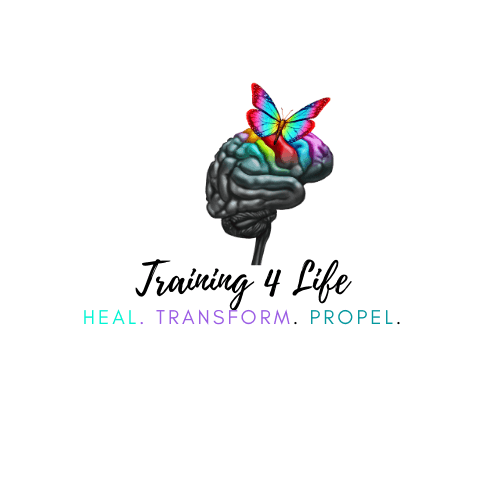Debunking Myths About Life Coaching: What You Need to Know
SS
Understanding Life Coaching
Life coaching has gained popularity in recent years, but with its rise, several myths have emerged. These misconceptions can prevent individuals from seeking the support they need to achieve personal and professional growth. In this blog post, we'll debunk some common myths about life coaching and provide clarity on what this transformative process truly entails.

Myth 1: Life Coaching Is Just Advice-Giving
One of the most common misconceptions is that life coaches simply give advice. In reality, life coaching is a collaborative process where coaches empower clients to find their own solutions. Through powerful questioning and active listening, coaches help clients identify their goals and develop actionable plans to achieve them. The focus is on facilitating self-discovery and accountability.
Myth 2: Life Coaching Is Only for People with Problems
Another myth is that life coaching is only for those facing significant challenges or crises. While coaching can certainly help during difficult times, it's also beneficial for individuals looking to maximize their potential, change careers, or improve specific skills. Life coaching is about growth and development, regardless of one's starting point.

The Professionalism of Life Coaching
Some people believe that life coaches lack professionalism or formal training. This myth stems from the fact that the industry is unregulated in many regions. However, many life coaches undergo rigorous training and certification through reputable organizations such as the International Coach Federation (ICF). These programs ensure coaches adhere to ethical standards and possess the necessary skills to guide clients effectively.
Myth 3: Life Coaching Is Expensive and Only for the Wealthy
While some high-profile coaches charge premium rates, life coaching is accessible at various price points. Many coaches offer different packages and session types to accommodate diverse budgets. Additionally, the investment in life coaching often results in significant personal and professional returns, making it a worthwhile expenditure for many individuals.

The Impact of Life Coaching
It's important to understand that life coaching is not a quick fix or a substitute for therapy. Instead, it complements other forms of personal development by focusing on future goals rather than past issues. Coaches work with clients to create sustainable changes in behavior and mindset, leading to long-lasting results.
Myth 4: Life Coaches Claim to Have All the Answers
A common assumption is that life coaches position themselves as experts in every area of life. In truth, effective coaches recognize that their role is not to provide answers but to support clients in uncovering their own truths. The coaching process is about empowering clients to trust their instincts and make decisions aligned with their values and aspirations.

Choosing the Right Life Coach
When considering life coaching, it's crucial to find a coach who aligns with your needs and values. Many coaches offer initial consultations to discuss goals and determine compatibility. The right coach will challenge you, support you, and hold you accountable, all while respecting your individual journey.
By debunking these myths, we hope to shed light on the true value of life coaching. Whether you're looking to enhance your personal or professional life, a skilled life coach can be an invaluable partner in your journey toward self-improvement and success.
